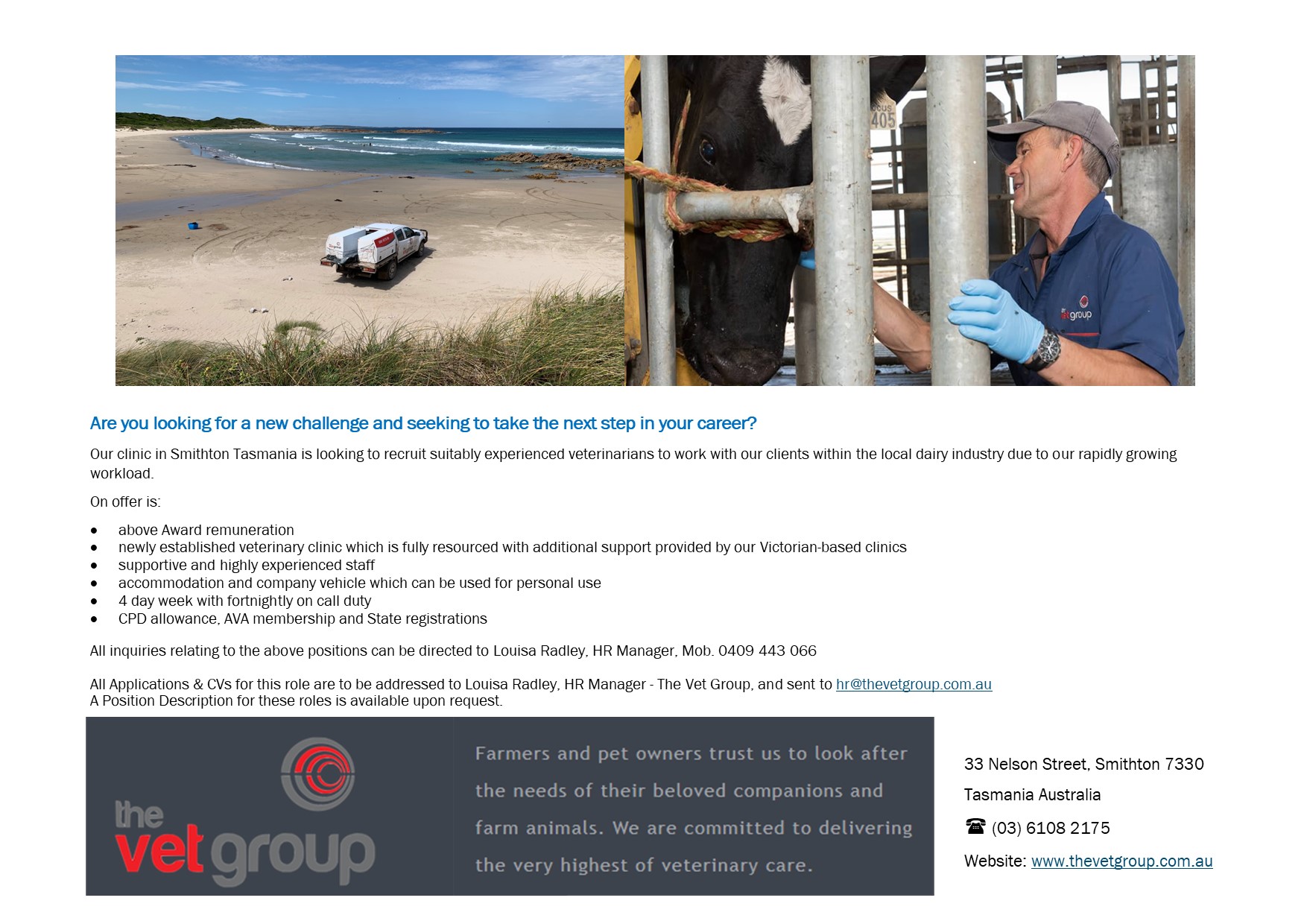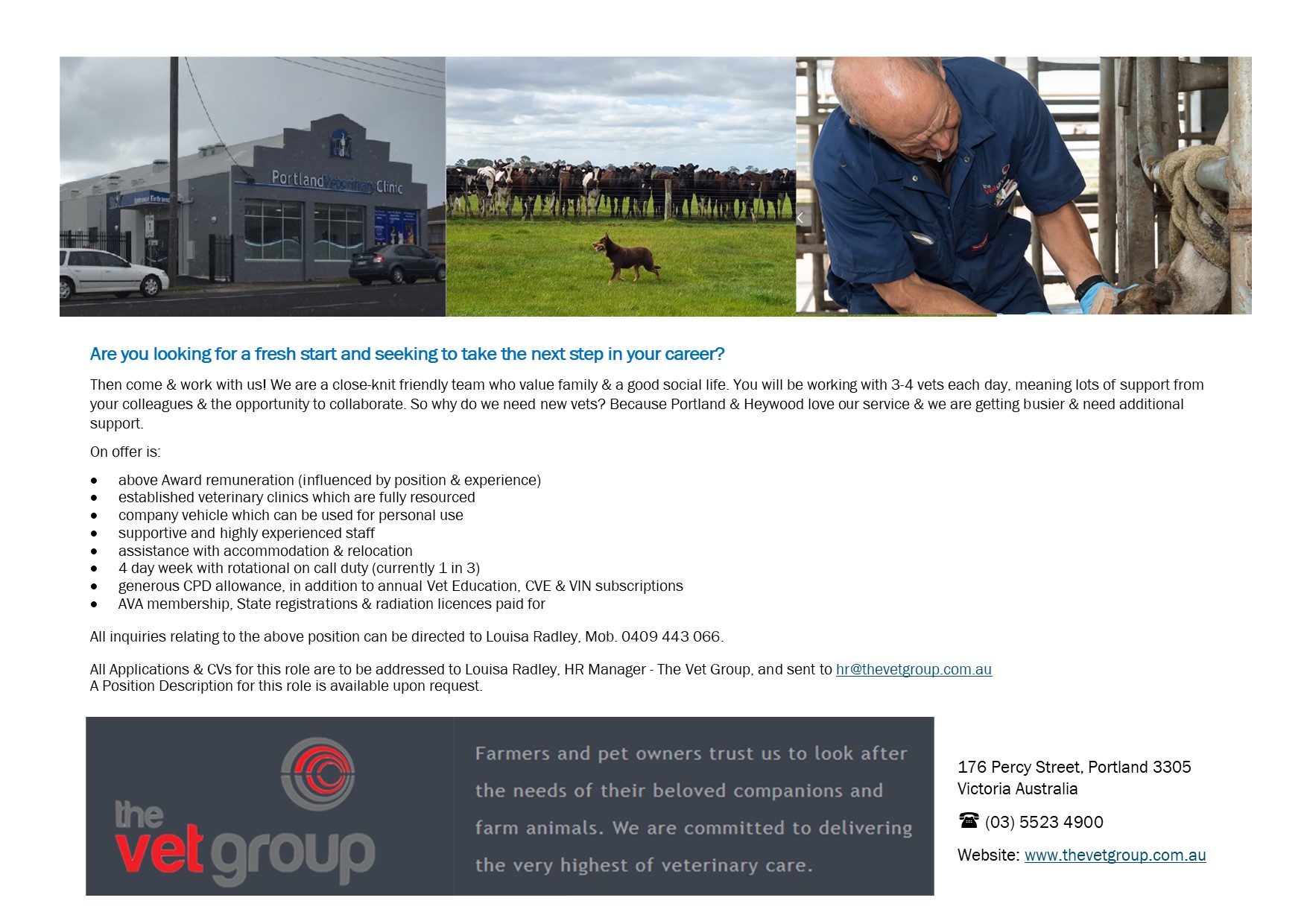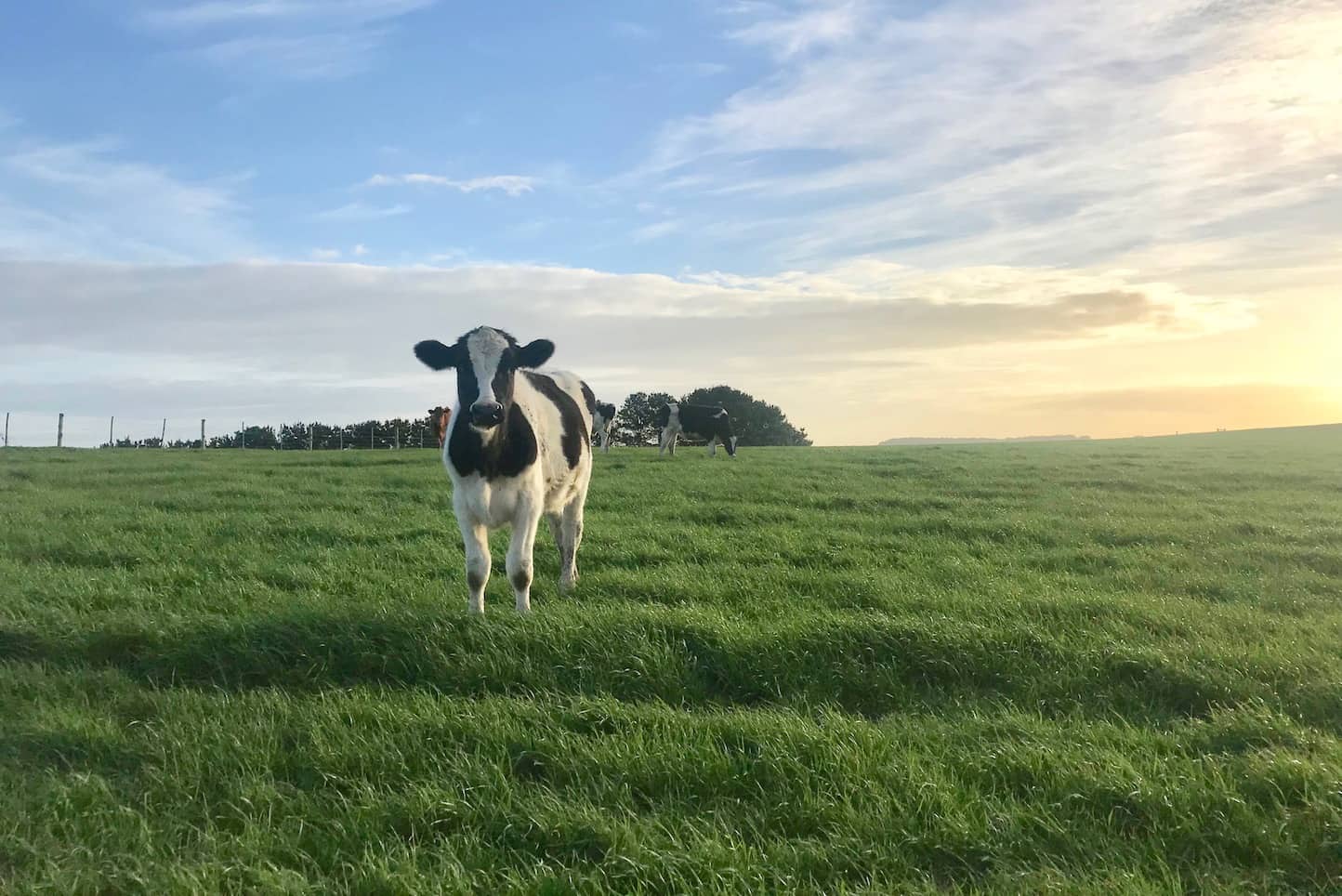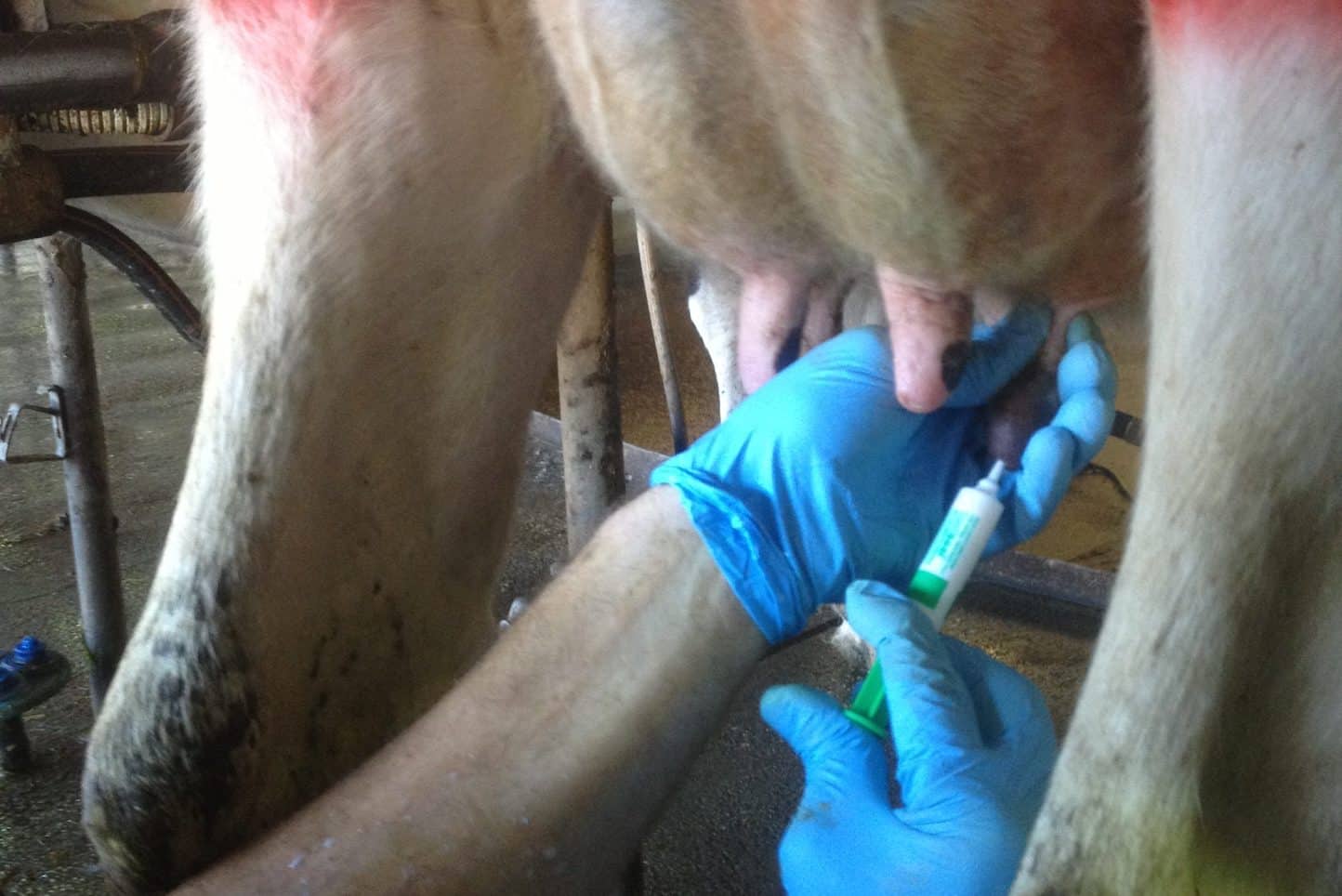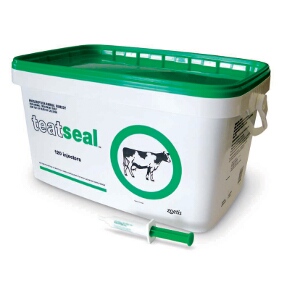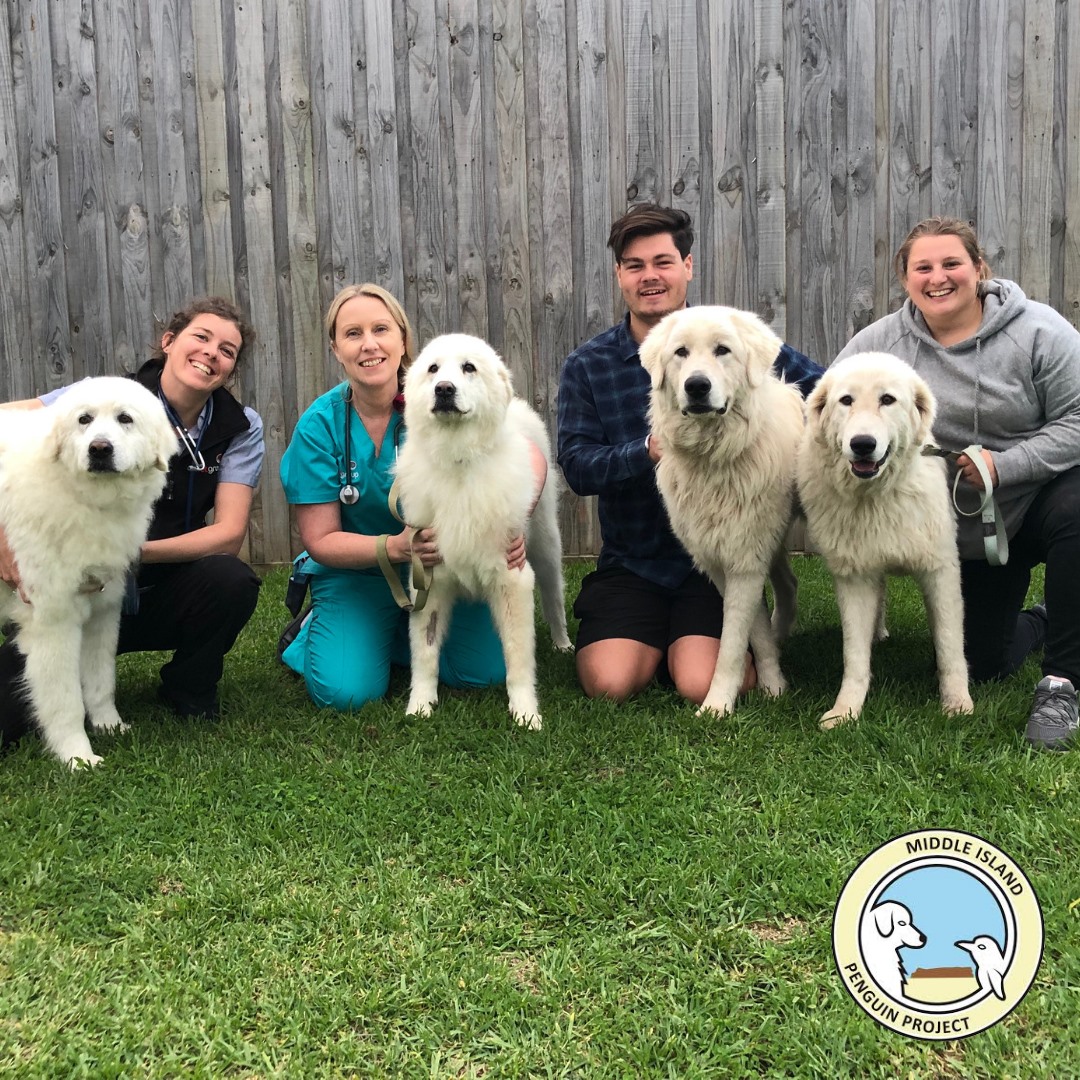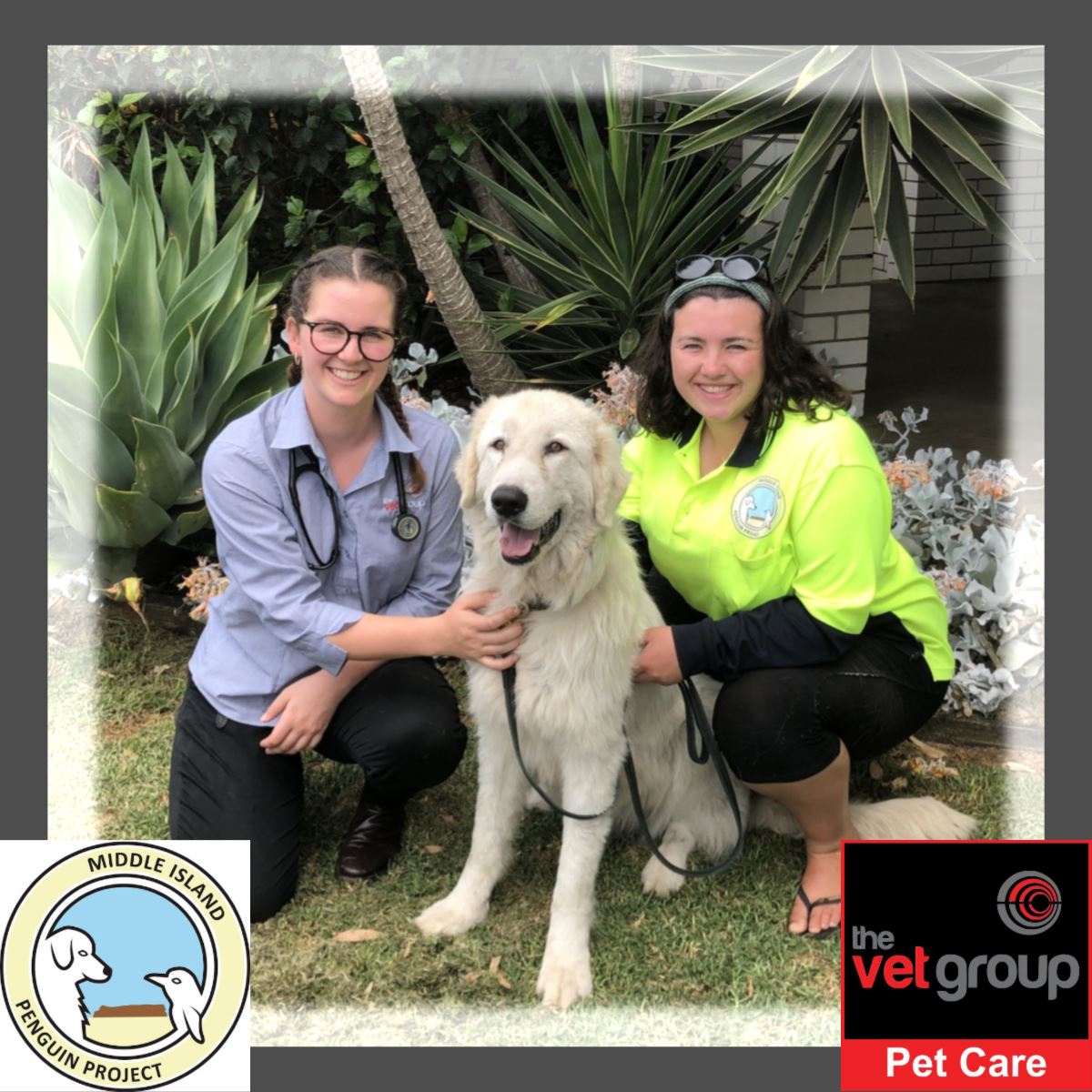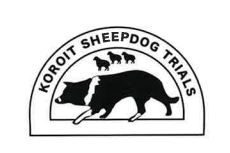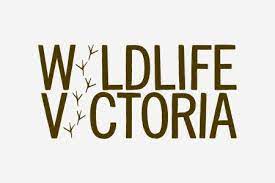Dr Alex Crosbie
Mastitis in any form is a costly frustration for many farms. While the majority of cases in Victoria continue to be caused by bacteria acquired from the environment, serious outbreaks of contagious mastitis have occurred in some herds. Mycoplasma is a mastitis-causing pathogen capable of causing such outbreaks, because it can spread rapidly between cows during milking. It has been known to be present in a small percentage of Australian dairy herds since at least 2006.
The identification of Mycoplasma in New Zealand has brought close media attention to the topic in recent months. This is a good opportunity to consider the serious consequences of the introduction of this pathogen into herds and highlight strategies that minimise the risk of purchasing cows potentially carrying Mycoplasma mastitis.
What makes Mycoplasma different from other causes of mastitis?
You can’t cure it: Mycoplasma cannot be effectively treated using any intramammary or injectable drugs currently available. Infected cows can have multiple cases of severe mastitis that will not respond to treatment, they will remain carriers for life and must ultimately be culled.
It can cause severe mastitis in multiple quarters: Mycoplasma commonly causes infection in more than one quarter, accompanied by severe inflammation. The milk production of affected animals drops dramatically and may not recover.
It can spread very easily between cows: Infected cows shed Mycoplasma in milk and other secretions. It is spread from quarter to quarter and cow to cow on the hands of milkers and on the milking machine. If hygiene is poor, it can spread easily and quickly and a large number of cows can be infected rapidly.
How can Mycoplasma be prevented?
The best way to deal with Mycoplasma is to avoid introducing it to your farm. Some cows can be carriers without showing any signs of mastitis, these animals may still shed Mycoplasma in milk and infect other cows once they enter a herd. If cows are being purchased, the risk of buying in Mycoplasma can be minimised by considering the following recommendations:
Request a bulk tank Major 4 PCR from the vendor: This is an accurate method of testing whether Mycoplasma is being shed by cows in the source herd, even if only a very small number of animals are infected. It’s important to make sure that a sample from the sick herd is also taken, in case an infected cow is in this group. If the test is positive don’t buy the cows.
If you’re buying cattle, perform a bulk tank Major 4 PCR of your own vat once all purchased animals are in the milking herd: It is not always possible to ensure that all purchased cattle are tested. Dry cows and heifers won’t be in the vat and will be missed. Testing your own vat will make sure that any potential introduction is rapidly identified and can be dealt with before it spreads. If you’re buying cattle often, you should test your vat after each purchase.
Examine mastitis treatment records and herd test records for any animals you purchase: This is good practice for all stock purchases. A history of cows that have multiple cases of mastitis that do not respond to treatment, or mastitis in multiple quarters should be a red flag indicating a higher risk that Mycoplasma could be present in the source herd. No animals should be purchased until a bulk tank PCR has been performed.
Could I have Mycoplasma in my herd?
The number of farms in Australia infected with Mycoplasma is unknown, many cases are identified when significant outbreaks of clinical mastitis occur. The following signs are red flags that may indicate the presence of Mycoplasma:
- A sudden increase in the number of cases of clinical mastitis and a recent history of purchasing cattle
- A significant number of mastitis cases that fail to respond to treatment
- An increase in the number of cows culled for mastitis
- Cows that have mastitis in multiple quarters
If you have reason to suspect that Mycoplasma may be present in your herd, collecting a bulk milk sample for testing is the best way to determine your status. Dealing with outbreaks of Mycoplasma is complex and can be challenging, but strategies can be implemented to control the impact of this pathogen in many herds.

